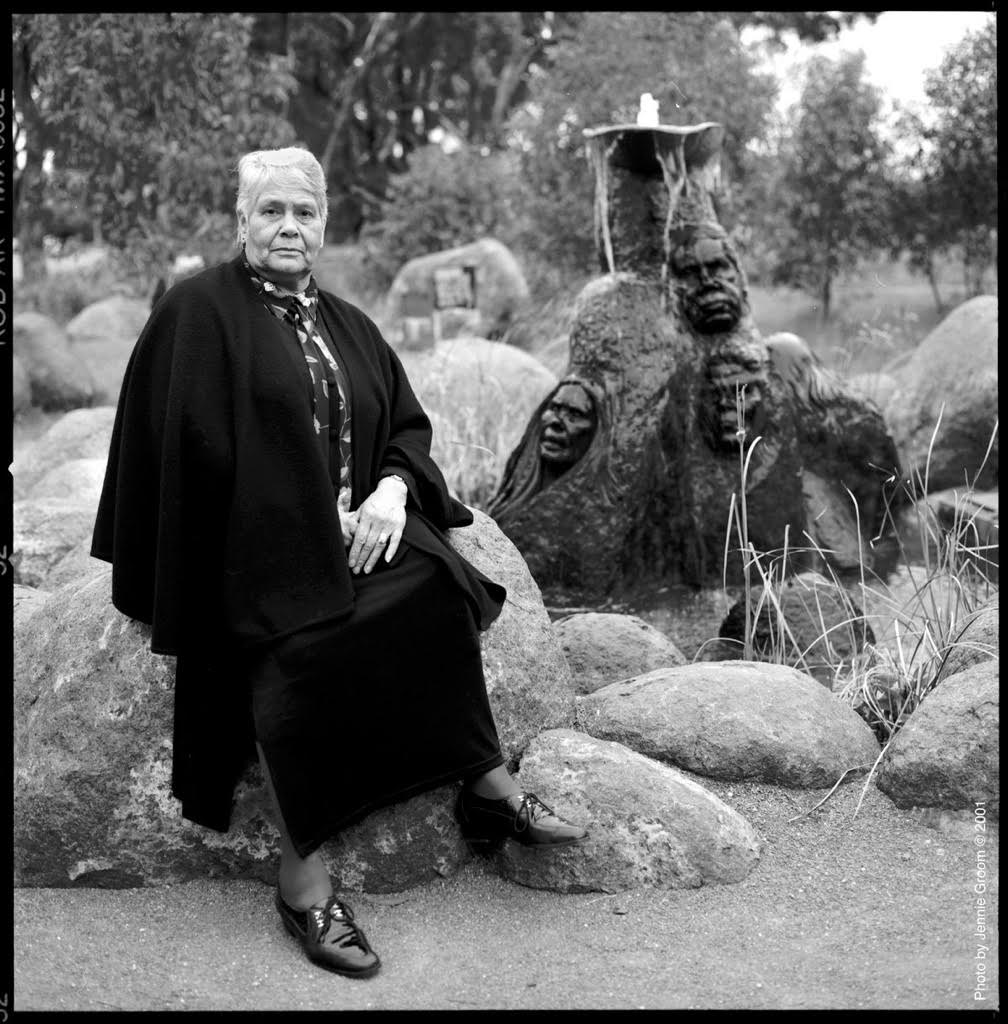The Womens Electoral Lobby of South Australia says “YES”

- Lowitja O Donoghue Photo Credit Jennie Groom
The Women’s Electoral Lobby SA has confirmed its support for the Yes campaign – backing the Aboriginal and Torres Strait Islander Voice to Federal Parliament – ahead of the Referendum on October 14.
A meeting of the WEL SA committee said ‘great policy outcomes for Aboriginal and Torres Strait Islander people can be achieved’ with this formal constitutional recognition.
The Voice gets the nation closer to closing the gap on areas having a disportionate impact on First Nations women – in health, education, housing and employment.
‘WEL SA stands for Aboriginal women in South Australia being able to determine what works for them, and being able to better drive the design and delivery of programs and services,’ the committee said.
‘Aboriginal and Torres Strait Islander women have the understanding and knowledge to translate the needs of their communities – to address vast differences in health, education, employment and standards of living to non-indigenous women.’
- Aboriginal and Torres Strait Islander peoples have a significantly lower life expectancy, up to 9.7 years for women.
- The infant mortality rate for Aboriginal and Torres Strait Islander people is 8 / 1000 live births, double the rate for non-Aboriginal Australians.
- Indigenous women are 32 times as likely to be hospitalised due to DFV than non-Indigenous women.
- Studies have also shown that Aboriginal and Torres Strait women who report experiences of violence are almost 6 times more likely to experience psychological distress. Those who accessed mental health services found inconsistently applied supports, inaccessible centres and lack of childcare. These challenges leave them feeling culturally unsafe, frustrated, and confused.
WEL SA committee says it is critical for the views and voices of First Nations women – across metropolitan, regional and remote areas – to have their concerns and ideas for change heard and acted on. Voters should be aware that the advisory body is another important step in reconciling these differences.
The Voice is the only pathway on the table to reduce institutional racism against Aboriginal and Torres Strait Islander people and produce better outcomes by:
- Including Aboriginal and Torres Strait Islander people in governance and decision-making process;
- Implementing specific Aboriginal and Torres Strait Islander policies;
- Publicly reporting on their outcomes for Aboriginal and Torres Strait Islander people;
- Employing Aboriginal and Torres Strait Islander staff at all levels and occupations; and
- Enabling accountability for the policies and outcomes for Aboriginal and Torres Strait Islander people.
WEL SA understands the value in lobbying, in guiding policy formation and speaking to decision-makers about the impact of policy which impacts women’s lives.
WEL SA has been advocating for the rights of women for more than 50 years.
WEL campaigns to knock down the barriers that hold women back from a life of dignity, safety and independence.
WEL SA formed in South Australia in July 1972 when the late Dr Deborah McCulloch AM, a feminist and member of Adelaide Women’s Liberation, joined with like-minded women to form an independent, non-partisan women’s lobby group. It had a double purpose: to make elected and aspiring parliamentary representatives aware of the views and needs of women voters, and to inform women voters of political candidates’ attitudes to women’s issues.
WEL SA acknowledges all the Aboriginal and Torres Strait Islander peoples of South Australia. We know that there are people of Torres Strait Islander heritage living in South Australia; however, we recognise that Aboriginal people are the original inhabitants of this state.